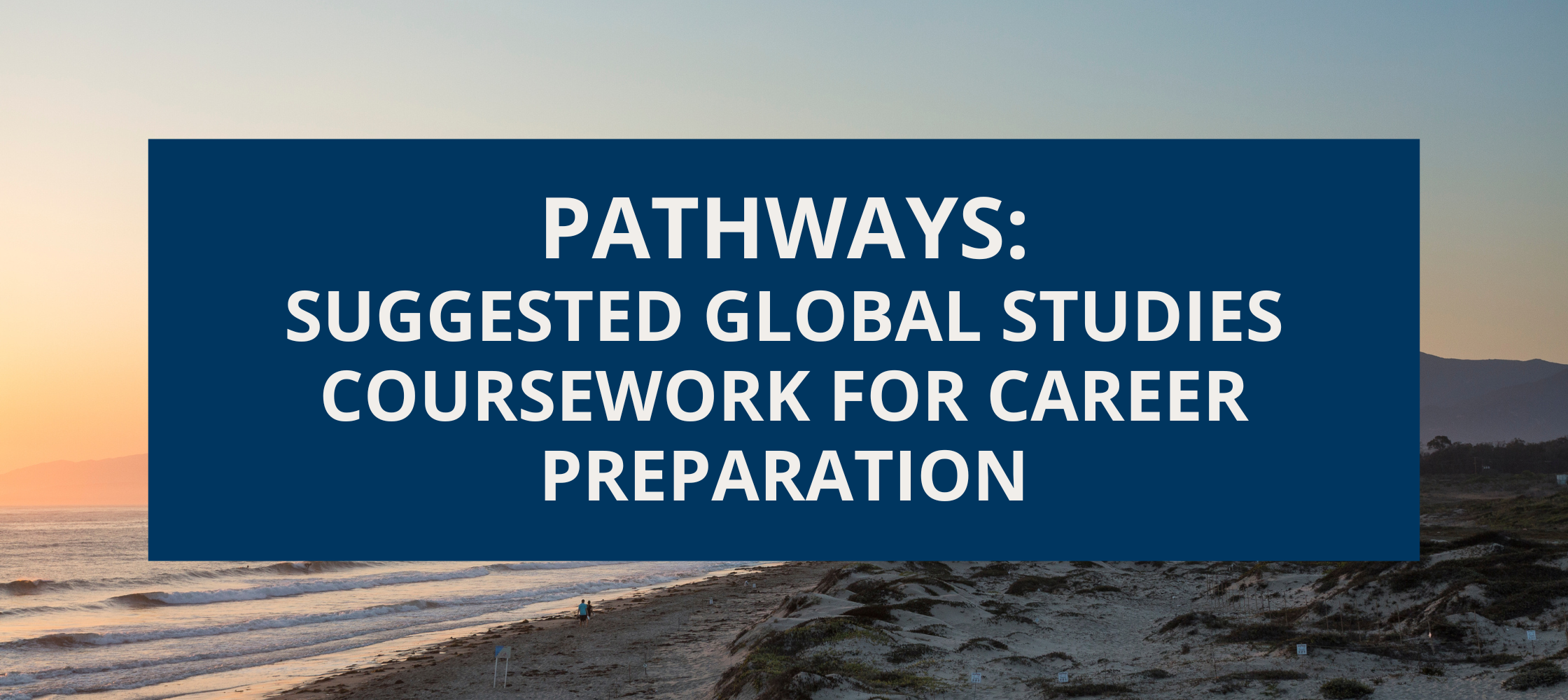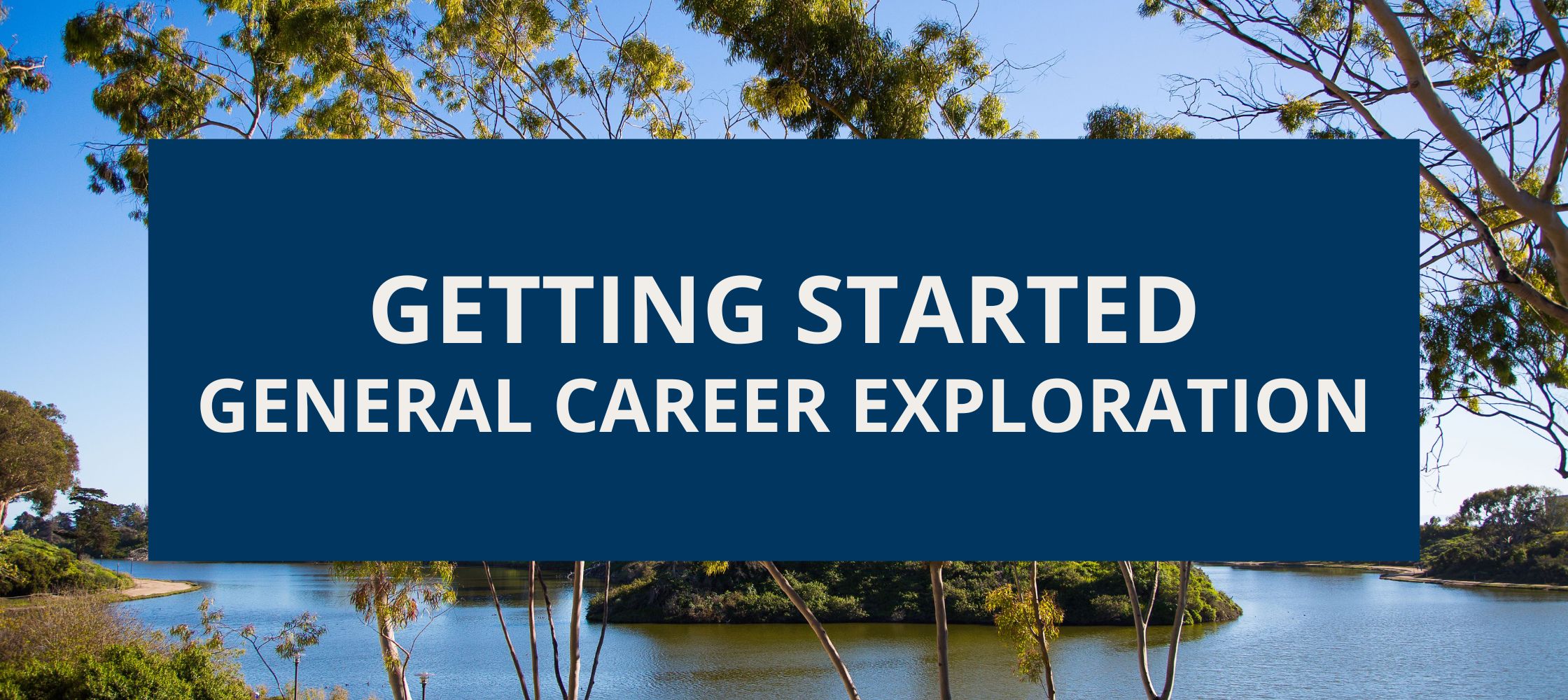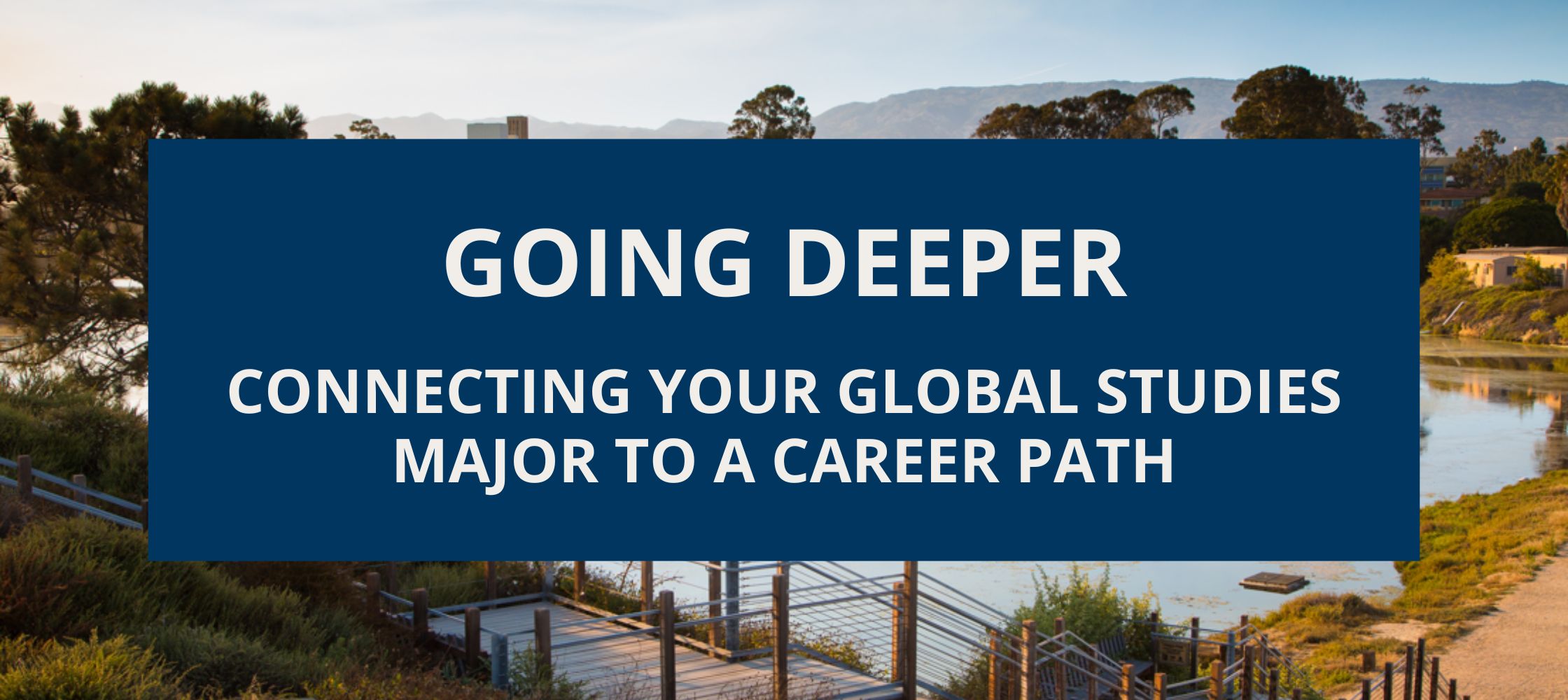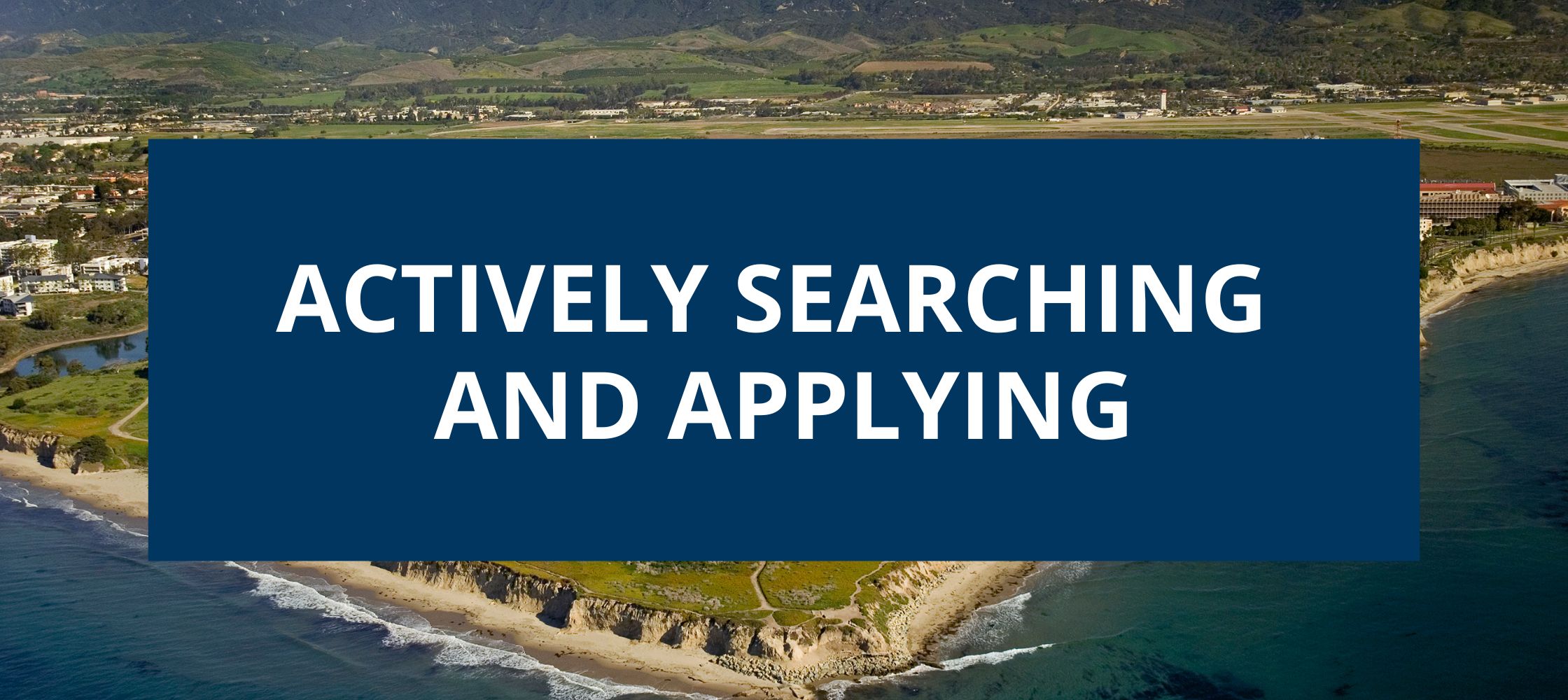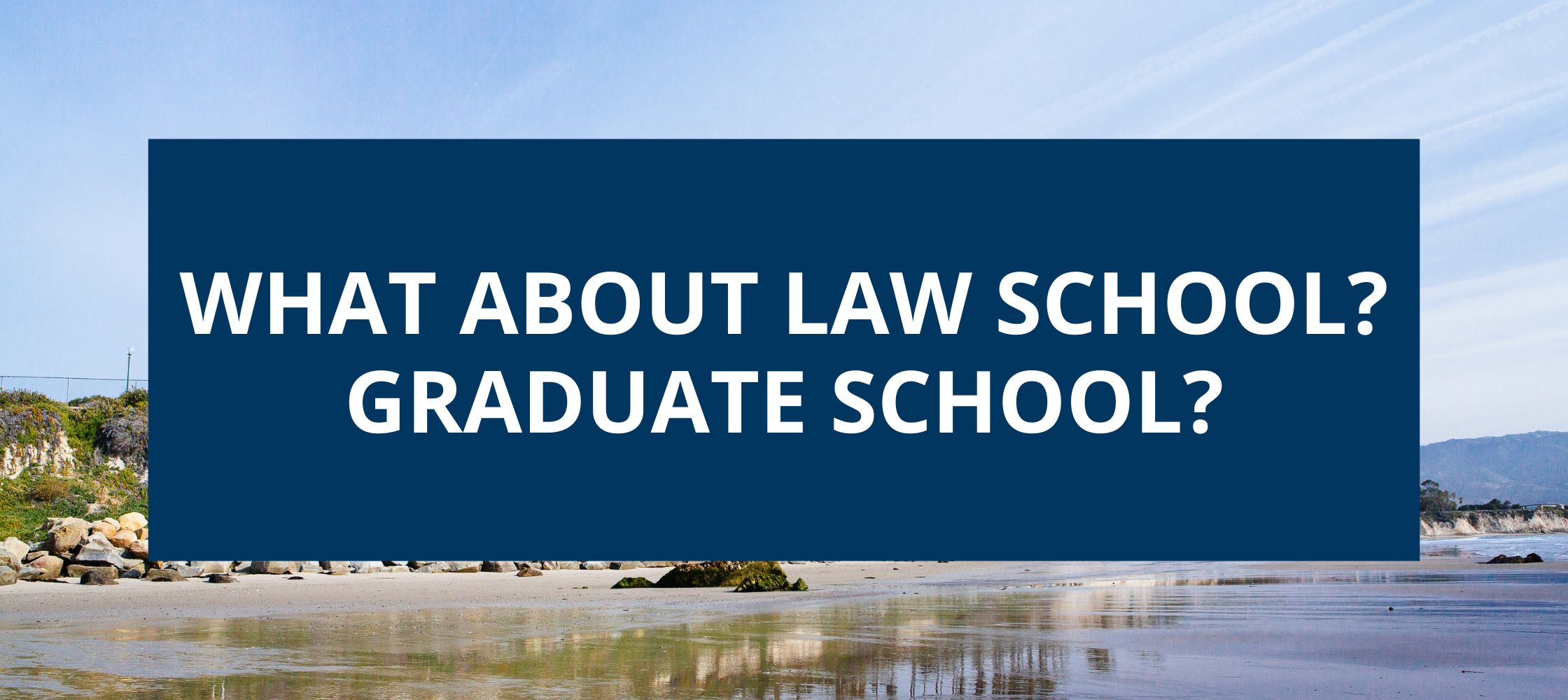What can I do with a Global Studies major?
Searching for a job, an internship, a whole career path, and everything in between can be stressful, and it will most often take longer than you think it will and will likely not be a straightforward, one-time process. We know that students can especially have a lot of questions and anxieties about finding the connections between their major and UCSB coursework and their future career path(s), especially in a broadly-applicable major like Global Studies.
If you’re a current student, you can start laying the groundwork for discovering your interests, skill areas, and career preferences now so that you’re in a good place to start searching later. Your first job searches during and just out of college are likely to be the first of many job searches you perform in the future, so don’t put extra pressure on yourself this round to land the “perfect” job or internship. Start in a position that works well enough for you (enough money to live, a good learning environment, a place to make connections) and if you love it, great! If not, use it as the stepping-stone to your next job (and your next job after that, and so on).
As you consider your progress in the major and long-term career goals, it may be helpful to think in terms of pathways you can follow within the major to organize your coursework choices and explore areas of interest that may lead you to future career paths.
The department has developed some pathway ideas to share with students, which are as follows:
- Political Economy and Sustainable Development
- Politics and Human Rights
- Global Cultures
Click below to access the pathways document:
Many additional resources to help guide your career planning are linked in each of the buttons below:



